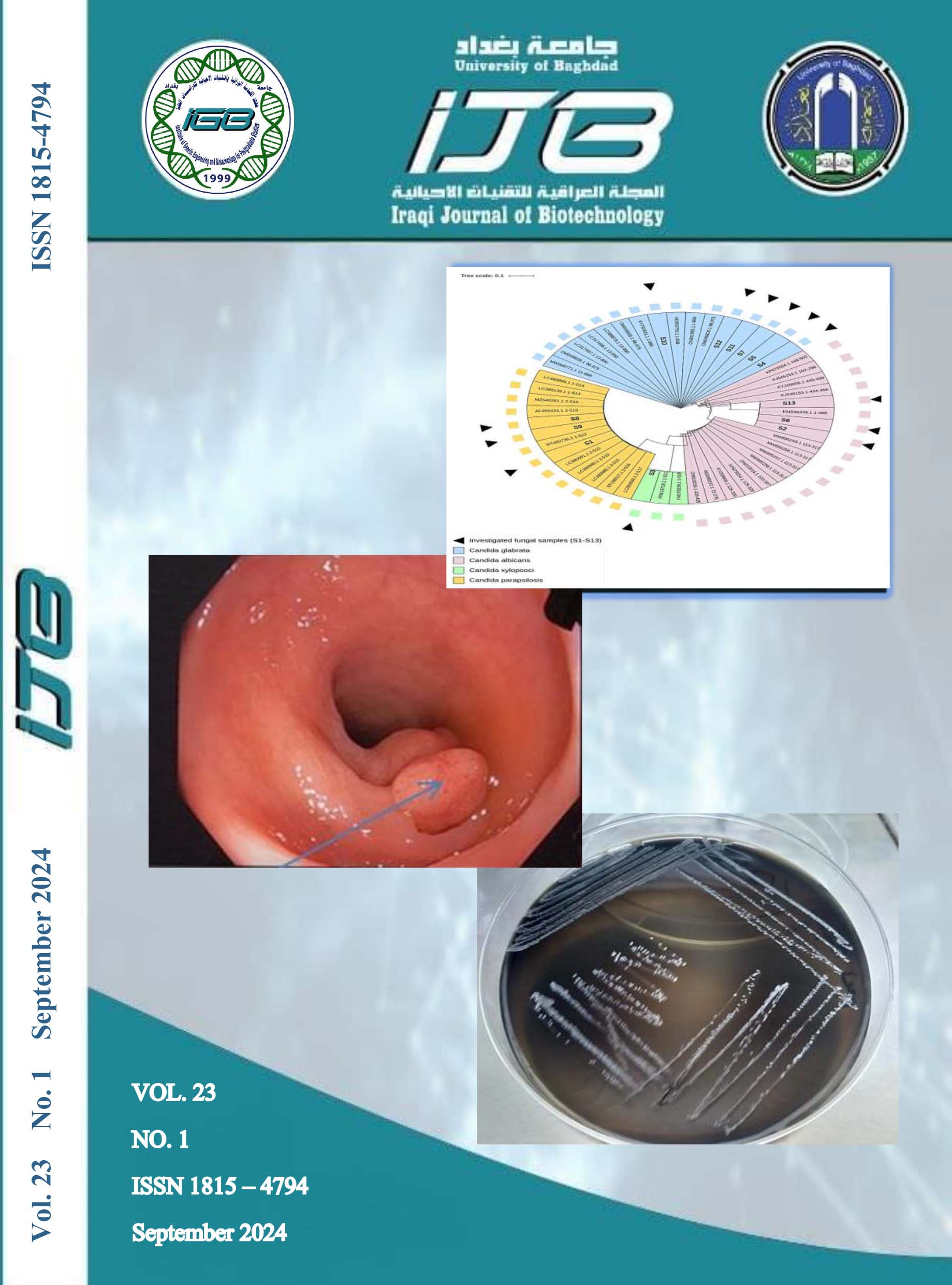miR-199a-5p Confers Tumor-Suppressive Role in MCF-7 Breast Cancer Cell Line
Abstract
Breast cancer is a leading cause of cancer death among women worldwide. Abnormal expression of microRNAs has been observed in various types of cancers, including breast cancer. This study aimed was to evaluate and suggest the optimum quantities of lipoplex components to enhance the transfection efficiency of breast cancer cell line (MCF-7). Human breast cancer cell lines MCF-7 were grown through a transfection experiment. After RNA extraction and cDNA creation, real-time PCR was used to quantitatively measure miRNA expression levels. MCF-7 cells were transfected through a series of tests. The tests involved modifying the amount of Lipofectamine used. As a result, the optimal transgene expression time point and concentration were determined to be 1 μl (with a folding value of 1.82675). This was found to achieve the highest transfection efficiency while causing minimal cytotoxicity. In conclusion, the results show that transfected MCF-7 cells exhibit increasing transgenic expression over time. 72 hours after transfection is a suitable period for further study or therapeutic application, which is more than 24 hours.


